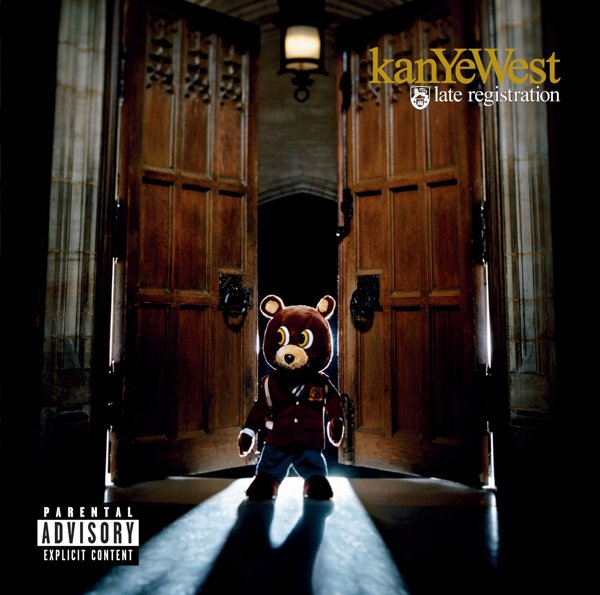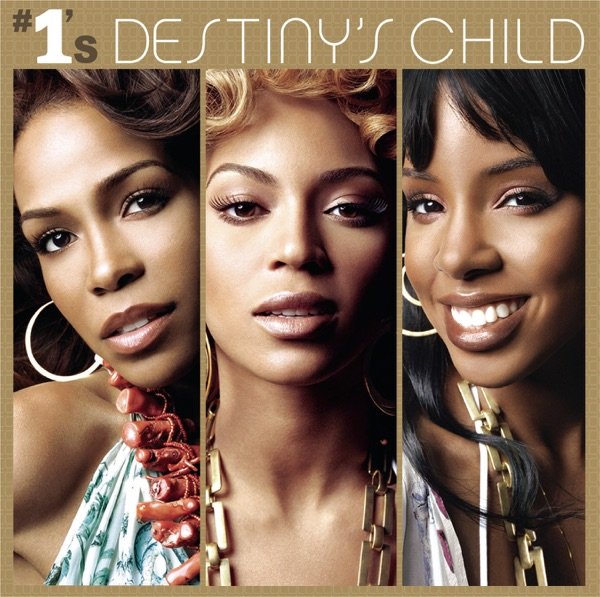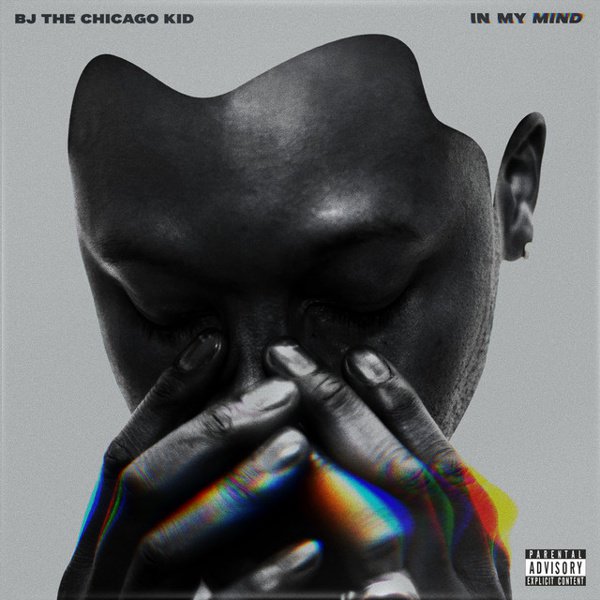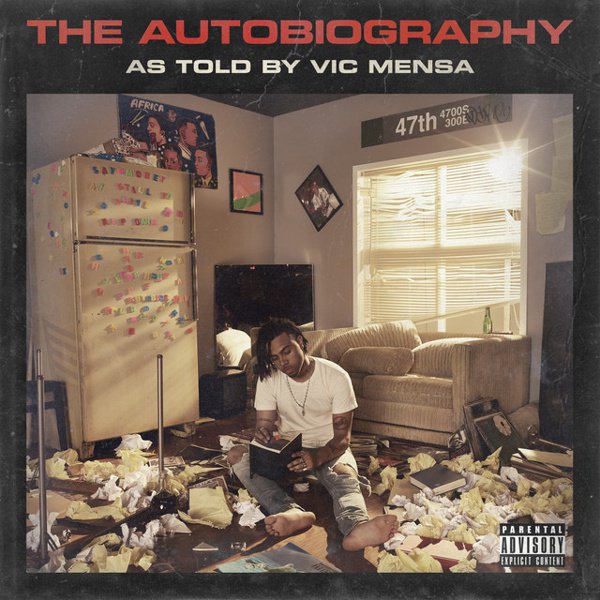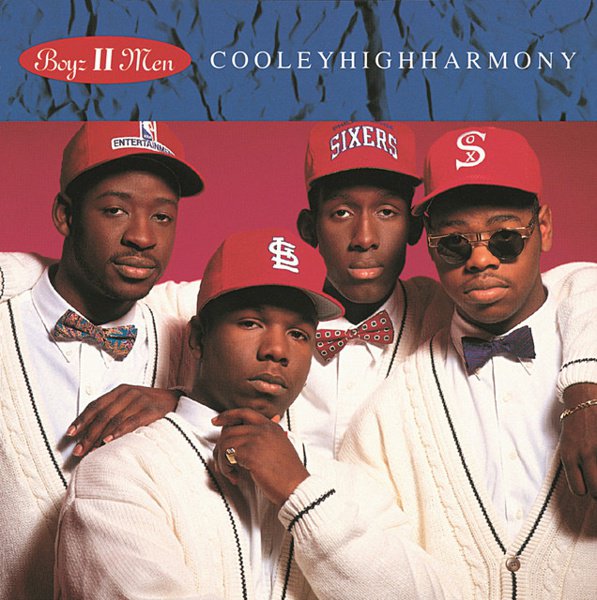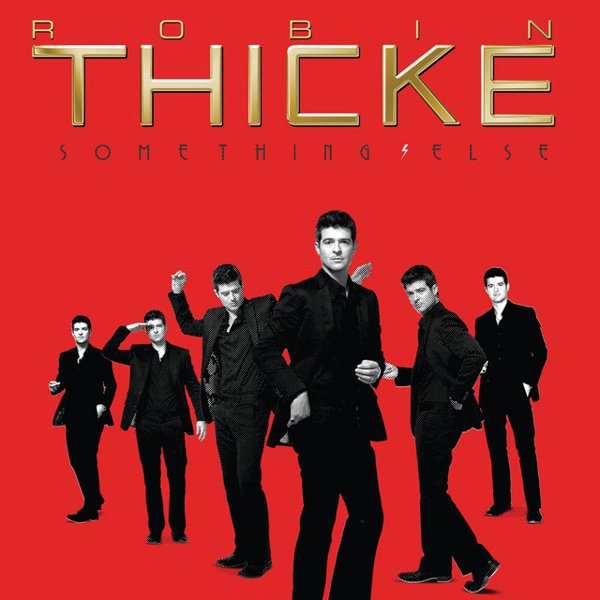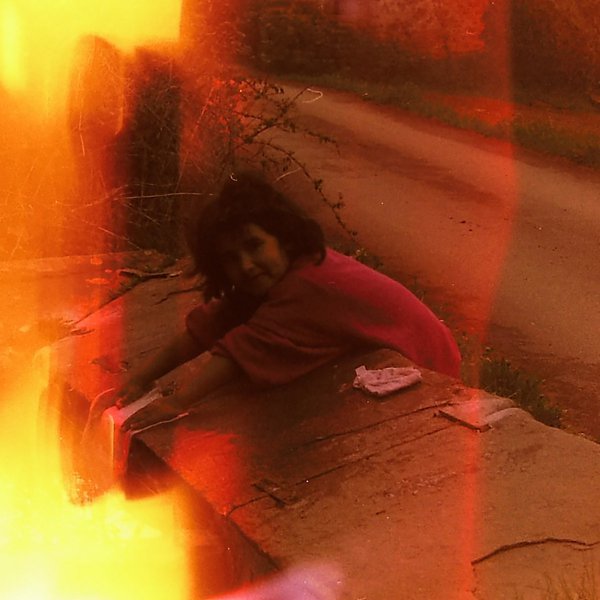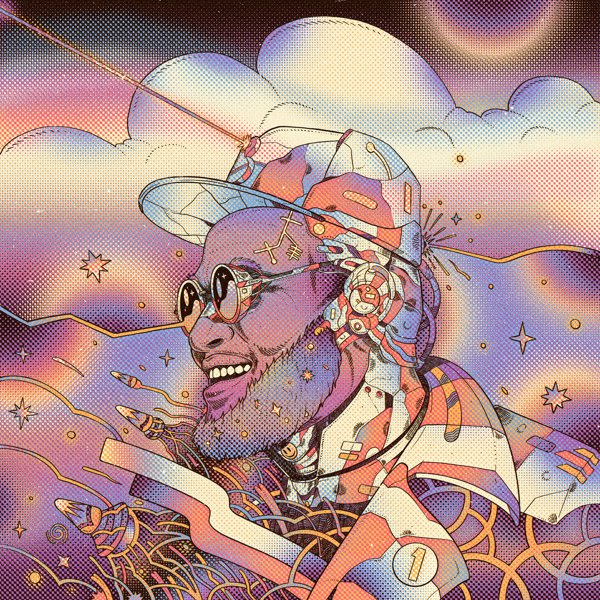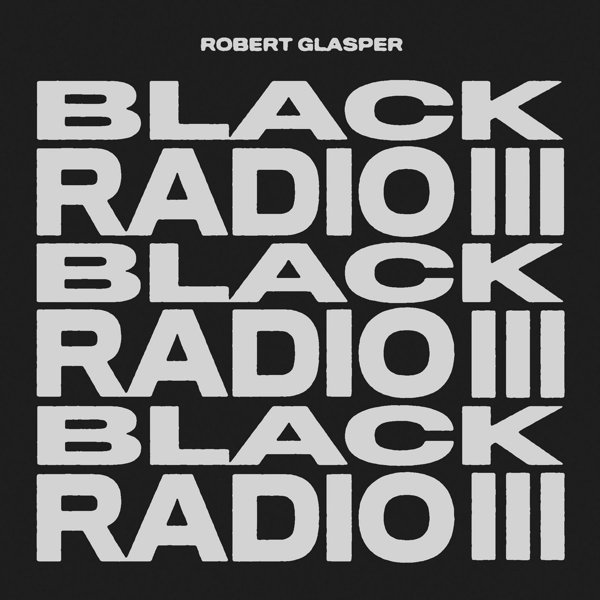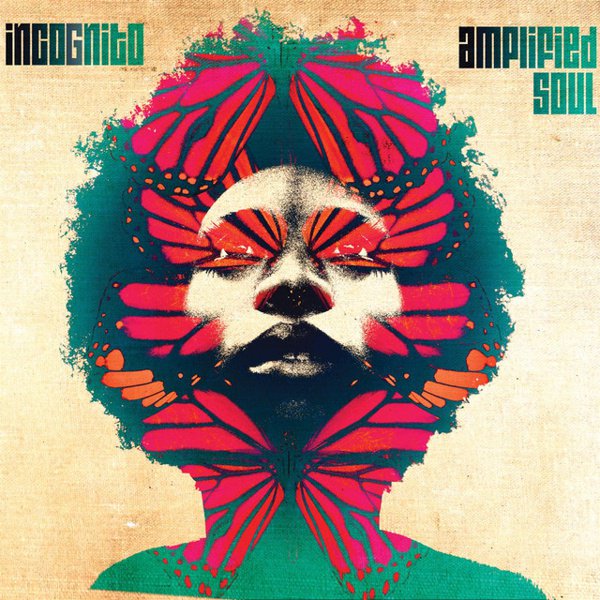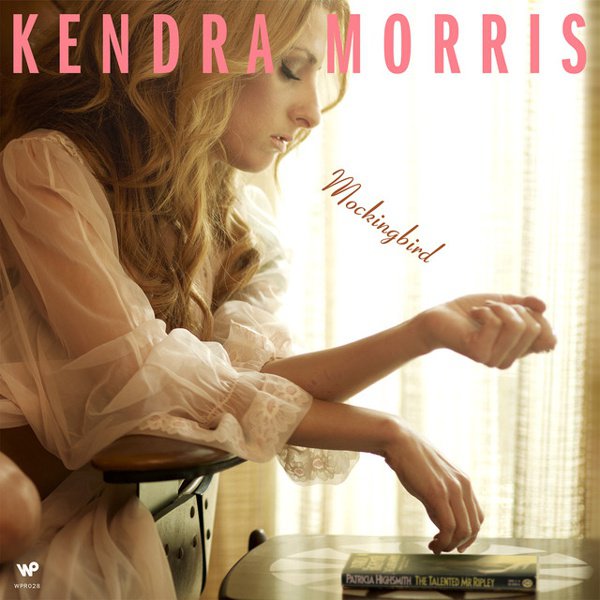Do It Afraid
Sometimes all you need is a familiar sentiment delivered in such a breezily pretty way that it reminds you why that sentiment’s familiar in the first place. Yaya Bey’s artistry is given to taking a direct and clear statement and instilling the deepest possible emotional weight to it, and the spirit of do it afraid is dedicated to making sure that weight’s inverted into the antigravity of joy. With an assist from a coterie of soul-jazz-minded collaborators backing her up — including BADBADNOTGOOD, Butcher Brown, Karriem Riggins, and Exaktly — her light-beaming presence occupies a space somewhere between disco diva, neo-soul expressionist, and hip-hop hedonist, leaning towards one direction or another when she needs to but also triangulating between those modes in a synthesis that radiates blissful confidence. And Bey’s attitudes resonate well with her beats. She flirts with electro dancefloor decadence on “dream girl,” and it has the defiant pulse of ‘80s synth R&B slow jam as upscale Afrofuturism. When “aye noche” fuses Baltimore club rhythms with Fender Rhodes neo-soul glow, she soars through the hook with an inviting warmth and a pugilistic confidence that puts her on equal footing with engaging shit-talker guest MC Rahrah Gabor. Stoner anthem “blicky” is like a mood-inverting reverie, an escapist riffing off the benefits of self-medicating introspection (“Must’ve rolled me something special/Helped me forget you, uh”). “end of the world” is desire as meditation, the phrase “what would you do to make it right” thrumming over glimmering electric piano that reflects like quartz into the kind of peace-meditation euphoria of a ‘70s Lonnie Liston Smith LP. While she doesn’t shy away from why she’s doing her damnedest to focus on finding happiness when it’s scarce — the disco-house piano/kickdrum minimalism of “no for real, wtf?” has her lost in music like a Sister Sledge coping mechanism (“Listen, I’m no doctor, I don’t have no answers/I don’t know no pastor, I don’t want no pressure/I just wanna dance/Before it all ends”) — she still recognizes that she can guard herself against any threat to take her joy away. In closer “choices,” she brings up having endured so much and yet still finding a way to maintain, hitting one of the simplest yet deepest expressions of the paradox of faith (“I’m mad at God/But I still choose to trust him anyway”) while still asserting that in the end, it can still give us the strength to find our autonomy.


